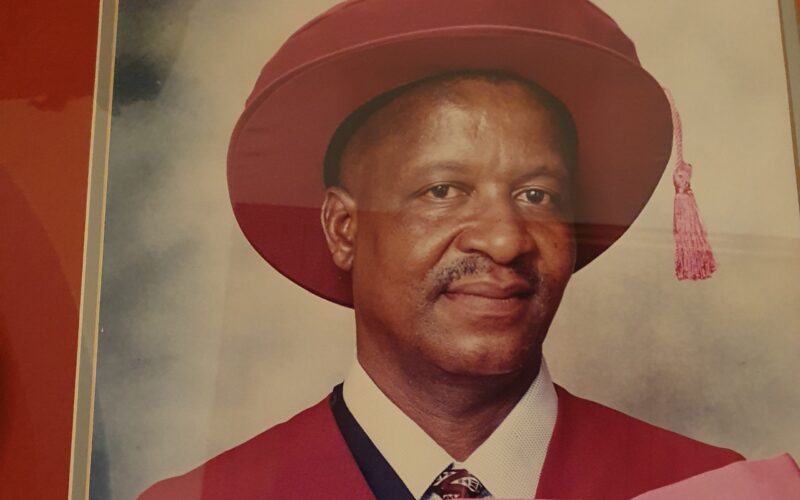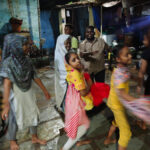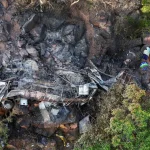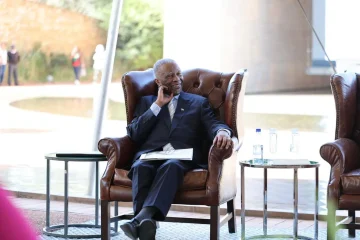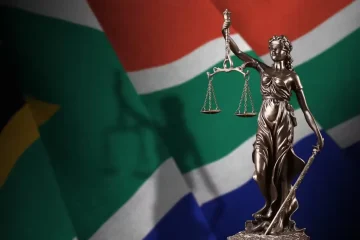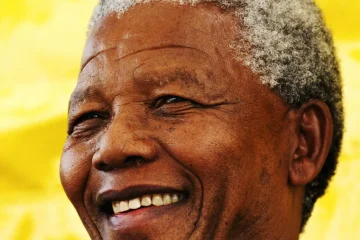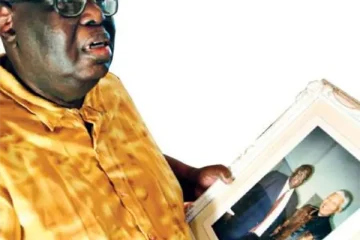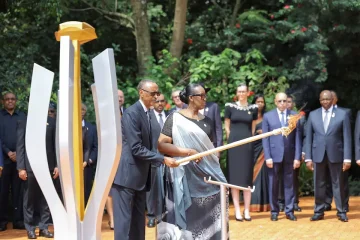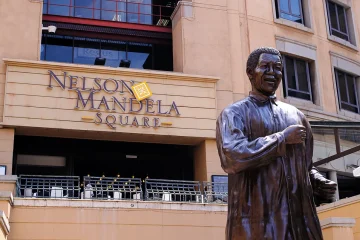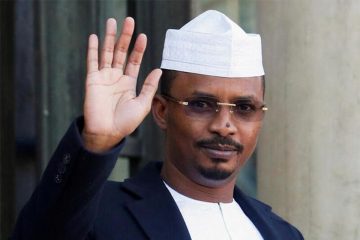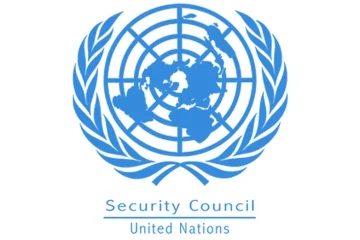VONANI BILA and MAANO TUWANI
SOUTH AFRICAN poet and scholar Nthambeleni Kaizer Phalanndwa, who died at a Makhado, Limpopo hospital on Tuesday, was an epitome of a living and vibrant culture – a symbol of hope that even a rural kid from a dusty village can leave a mark on the annals of history.
During the annual cultural dances of tshigombela, malende and tshikona which were a common feature at the University of Venda and in the community in the early 90s, Phalanndwa would sing with charisma and dance tshikona in file or in the circle with the ordinary. This character showed that the son of the soil was rooted in people’s everyday life.
He had such ability to fit in diverse situations and environs. He would address scholars at a symposium in air-conditioned boardrooms, challenging racism and hegemony of knowledge production. He would also argue, sometimes impatiently and provocatively, for more resources to be allocated to rural black universities where the children of the poor studied.
His critical essays called for the decolonisation of education and culture, radical reforms within school curricula that fostered a constructive black identity just like Frantz Fanon, Aime Cesaire and Ngugi wa Thion’go did many years before him.
Phalanndwa was an essential cogwheel in community development initiatives, especially the promotion of literacy through reading clubs, such as the Guyo Book Club which he co-founded. Like an all-rounded intellectual who did not allow his academic achievements to go to his head, he mingled with the people, comforting the bereaved, visiting sick relatives and friends in hospitals, motivating learners in schools, providing guidance to needy students and sharing his vast knowledge of culture with those who cared to know.
Most scholars look down upon people, especially the illiterate and ‘uneducated’ parents. Phalanndwa’s scholarly achievements served instead as inspiration to his community because in him they saw their own possible future and better selves. We seldom addressed him as Doctor, because he was more than the PhD certificate he duly earned. In him, we saw a living embodiment of cultural knowledge and an encyclopaedia of a people’s history.
He had affirmed his identity as an African genius who was willing to contribute to the development of Africans without shame. While some academics insist on being addressed as doctors even in their kitchens and beerhalls, Phalanndwa preferred to work with the people. He knew that what he had learnt came from the same people that had no certificates but were still sufficiently educated to have produced him.
He did not wear his academic achievements on his sleeve for everyone to see. His humility was remarkable. He directed his energy towards teaching, research, writing and learning. He intelligently vacillated between the complex structures of society and academe. Conscious of the glaring unevenness in knowledge and cultural production, he used his writings and lifestyle to raise awareness about cultural identity and social protest without the sentiments of tribal dogma.
Those that he taught English at the University of Venda, like Musa Mabasa, an accomplished educator at Mbilwi Secondary school in Thohoyandou, describe Phalanndwa as a hard-working, free-spirited, astute, energetic and inspirational lecturer who was always willing to go an extra mile.
“He was committed to seeing a black child achieve his desired goals and dreams”, remembered Mabasa. Phalanndwa worked tirelessly, especially with the post-graduate students that he supervised to instil in them a sense of pride, confidence and hunger for knowledge and skills as they mapped the broad outlines of their future careers and roles. He wished that black graduates from disadvantaged educational institutions could outwit their counterparts from institutions of white power.
His early poems appeared in Staffrider magazine, a platform for mainly vocal anti-apartheid, anti-racist Black Consciousness writers and poets who were prepared to be foes of the state, and lay their lives in pursuit of liberation through their literature of resistance.
Staffrider created a reading revolution amongst the youth in townships and rural villages alike. It was distributed throughout the country by members of writers groups and Phalanndwa was one of the most active contributors and distributors of the magazine.
His poetry, in both Tshivenda and English, serve different purposes: they critique white racism by describing the inhumanity of the Apartheid regime and the misery and humiliation/predicament of being black in the world run by capitalist hooligans. Equally, it affirms the dignity and integrity of a colonised people.
In the 1980’s Phalanndwa formed a poetry group known as Vharendi which performed poetry readings in schools around Thohoyandou, just as other fellow poets such as Ingoapele Madongoane, Maishe Maponya and Matsemela Manaka, were doing the same in places like Soweto.
Some of his poems are available in anthologies like Reconstruction, compiled and edited by veteran publisher and author, Dr Mothobi Motlouatse, The Return of the Amasi Bird edited by Tim Couzens and Essop Patel, and Voices from Within edited by Michael Chapman and Achmat Dangor. His Tshivenda poems are available in Buluvhutsi la Khabubu compiled by Nkhelebeni Phaswana, and Khavhu dza Muhumbulo compiled by Ntshavheni Milubi.
On his desk in his library at his Makhado house today, bound and ready for submission, is part-completed work of translating works of some prominent African writers such as Mbella Sonne Dipoko of Cameroon, Chenjera Hove of Zimbabwe, Taban lo Llyong of South Sudan, and South Africans Eskia Mphahlele and Wally Serote from English into Tshivenda.
It is work that was interrupted by his illness and which only needs polishing and publishing to stand as testament of his enduring energy to promote the interconnectedness of all Africans. Phalanndwa was born in 1954, to his late parents, Luvhengo and Meriam Phalanndwa. The only son, he had four sisters and had three children, two boys and a girl from a previous marriage.
He schooled in the then Venda Bantustan and in Pimville, Soweto and trained as a teacher at the Venda College of Education before doing further tertiary studies, including a postgraduate study at the Durham University in the UK.
He will be laid to rest at Tshisaulu cemetery at 7am on Friday.
Edelani nga mulalo Budeli Nyamananga.

